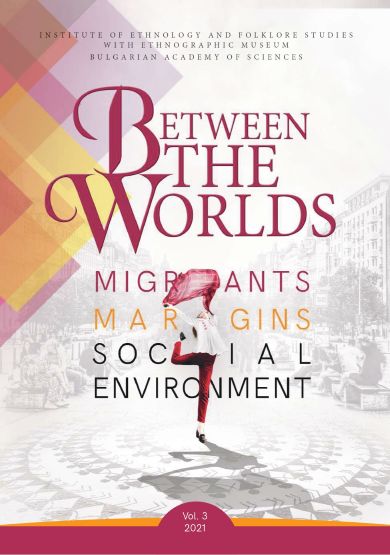Christmas in Spain, Alone: Industrial Restructuring, Fiscal Retrenchment and Labour Migration in Neoliberal Romania
Christmas in Spain, Alone: Industrial Restructuring, Fiscal Retrenchment and Labour Migration in Neoliberal Romania
Author(s): Gerard A. WeberSubject(s): Politics / Political Sciences, Anthropology, Economy, National Economy, Micro-Economics, Labor relations, Family and social welfare, Migration Studies, Globalization
Published by: Институт за етнология и фолклористика с Етнографски музей при БАН
Keywords: Romania; labour migration; Spain; loneliness; Christmas
Summary/Abstract: This paper examines the impact of both the privatisation and restructuring, or outright liquidation, of manufacturing facilities and the prolonged reduction in public spending in the post-communist epoch on blue-collar people in Galati, Romania. It is based upon circa 30 months of anthropological research from 2004 to 2019. Galati, a moderately-sized city in Eastern Romania, underwent economic and demographic expansion during the communist period, the construction of a steel plant and other factories attracting agrarian labourers from villages to perform industrial work that offered higher wages and better entitlements than available from farming. The neoliberal transformation of the economy that began after the 1989 revolution has diminished the city’s appeal due to well-paid work in industry all but evaporating and revenue for the public sector drying up – employment upon which working-class people can maintain families is largely gone and state support for housing, healthcare services, education, research and development, infrastructure and more has been severely trimmed. These changes have resulted in blue-collar people being forced to locate work outside the city, often abroad, on terms that can be very unfavourable and for families who live in the city to manage as best they can in spite of reductions in the public sector. The paper presents ethnography of the multifaceted consequences of these shifts, including social fragmentation, marooning of elderly kin, working retirees and more. In conclusion, the suggestion is made that political leaders begin paying closer attention to the conditions of working-class people for the betterment of the entire society.
Journal: Between the Worlds
- Issue Year: 3/2021
- Issue No: 3
- Page Range: 27-45
- Page Count: 19
- Language: English

